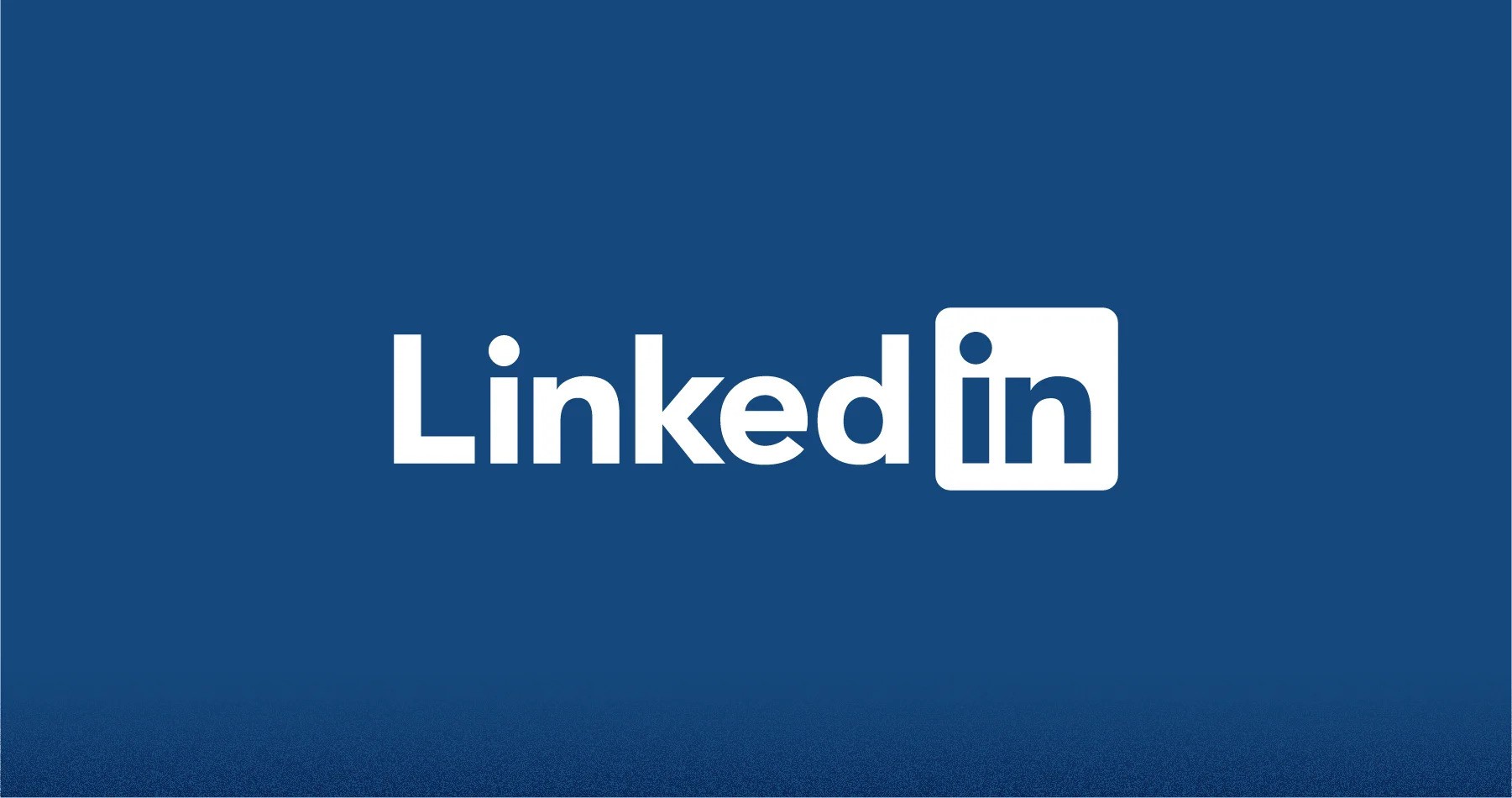Newsroom
Hightlights:
Meta’s ‘pay or consent’ model is under review for potentially misleading users about data usage.
CPC argues that Meta may not have provided clear information about how personal data would be used or the implications of each choice.
Meta must address these issues by September 1, 2024, or face possible sanctions from EU authorities.
Get smarter at marketing in just 5 minutes
Our 1x weekly, bite-sized newsletter will give you everything you need to know in the world of marketing:
Meta’s consent issue
The European Consumer Protection Cooperation (CPC) Network has initiated action against Meta, regarding its new ‘pay or consent’ model for Facebook and Instagram users, raising concerns it may violate EU consumer laws.
What is Meta's “pay or consent” model?
The action, led by France's Directorate General for Competition, Consumer Affairs, and Fraud Prevention, follows Meta's recent move to require users to either pay a subscription fee or consent to personal data usage for targeted ads.
Meta's “pay or consent” model gives users two options regarding their data privacy and access to services. Option A allows users to pay a monthly fee to enjoy Meta’s platforms without seeing personalized ads and without Meta tracking their activity for advertising purposes, while in the second option, users can use Instagram or Facebook for free. Still, in exchange, they must agree to let Meta collect and use their data and track their activity to show ads tailored to users’ interests.
In other words, users can’t choose a version of the service that uses less of their personal information but still offers the same features. Instead, they either accept personalized ads with their data being collected or pay a subscription fee to avoid this.
However, according to Meta, the company provided this ad-free subscription option to better align with EU regulations on user consent and data protection. “We introduced this choice, called ‘Subscription for no ads’, as our consent solution to comply with a unique combination of connected and sometimes overlapping EU regulatory obligations with differing compliance deadlines,” it said in the official statement.
About the investigation
The CPC Network's investigation, which began in 2023, focuses on whether Meta’s practices under this model mislead or pressure consumers.
In March 2024, the European Commission requested details from Meta about its new 'Subscription for no Ads' option for Facebook and Instagram. The Commission then launched an investigation into whether Meta's 'pay or consent' model, adheres to the standards set by Article 5(2) of the Digital Markets Act (DMA). By July 2024, the Commission concluded that Meta's model does not comply with the DMA requirements.
Important elements include Meta's use of the term ‘free’ while pushing users towards data-sharing for ad personalization if they opt out of paying. They argued that Meta's approach doesn’t provide a straightforward way for users to opt for a less intrusive version of the service or to freely choose how their data is used, which goes against the Unfair Commercial Practices Directive (UCPD) and the Unfair Contract Terms Directive (UCTD).
Also, the CPC is scrutinizing if Meta provided clear and sufficient information about the implications of choosing between paying or consenting to data use. There is particular concern that users were forced to make a swift decision without adequate time to understand how it would impact their access to services and their personal data rights.
What’s the implication of this directive on Meta?
Meta has been given until September 1, 2024, to address these concerns. Failure to comply could lead to enforcement actions and sanctions. This review adds to ongoing EU investigations into Meta’s compliance with the Digital Markets Act (DMA) and the Digital Services Act (DSA).
07/28/2024
📰
Stories like this, in your inbox every Wednesday
Our 1x weekly, bite-sized newsletter will give you everything you need to know in the world of marketing:






